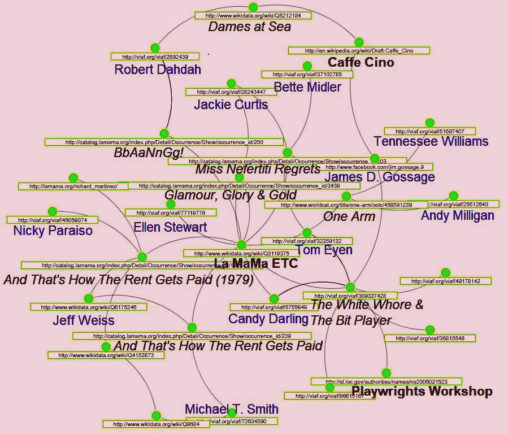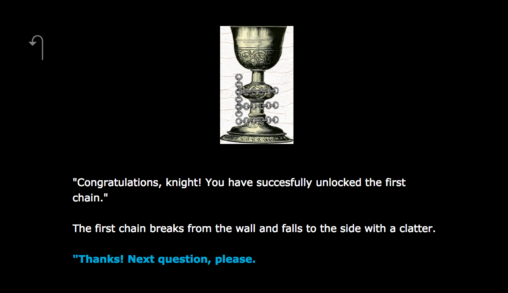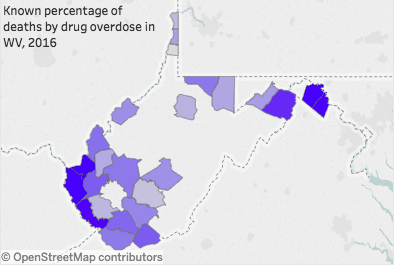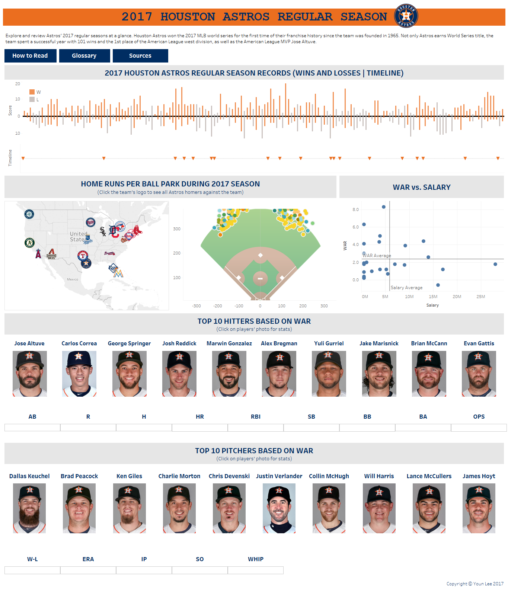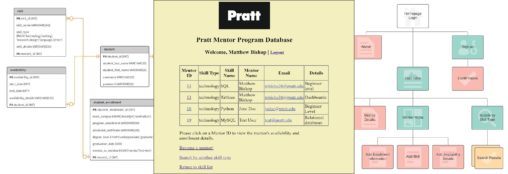Category: 2018Page 2 of 3
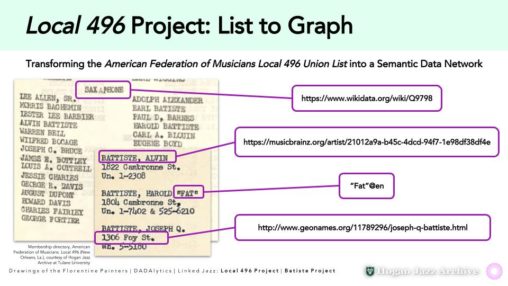
The Local 496 Project transforms the American Federation of Music’s Local 496 union list into a semantic data network. This document is a 1940’s directory of the segregated African-American chapter of New Orleans jazz musicians. This project will highlight the Batiste family network, many of whom are listed in the directory.
In 2017, National Archives and Records Administration (NARA) approved Immigration Customs Enforcement (ICE)’s request to destroy records of in-custody deaths, assaults, and misconduct in timelines that range from 3-20 years. This project explores the history of ICE’s recordkeeping practices and examine NARA’s justification for this appraisal.
The history of the Democratic People’s Republic of Korea (DPRK) — known globally as North Korea — is one fraught with conflict, human rights offenses, and rampant propaganda. Information policy, it seems, is at the very heart of the Kims’ ability to control the population.
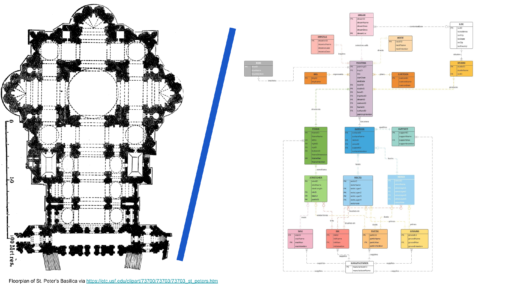
The Database Development and Design course culminated in the design and implementation of a relational database of my own invention. Branching off my interest in the intersection of studio practice and information science, I realized a relational database that would serve the painting practice of my art studio. The project was approached in three phases including modeling, implementation, and querying.
This empirical research paper targets access to justice within the realm of the information professional to find what has been done to promote services or counsel that is of low cost or free of charge to the disadvantaged. … The Sustainable Development Goal (SDG) 16 and 16.3 recognize the outstanding work that both public and private sectors accomplish through legal groundwork.
The purpose of this study is to perform an exploratory examination of the services public libraries provide to state correctional facilities. Due to the limited data available on these services, this study examines the transparency of public library websites based on the public library systems of New York state.
The focus of this project is to visually represent the virtual path information on the internet must follow in order to complete a request. This way, every stop that information takes to get to and back from its destination is clear to the viewer. In clearly representing this, it will allow for people to understand the way that information travels in that process.
This poster presents my research of how current art museum practices are shifting systematic gentrification of their audiences through diversifying staff, collections, and community engagement.
The African Dream Academy (ADA) is a Liberian non-profit corporation whose mission is to provide free access to quality education and healthcare services to Liberian children. Three student researchers from Pratt’s Usability Theory & Practice couse conducted a user test of the ADA website to identify any usability problems and provide recommendations to maximize donations.
Information gathered from Lincoln Center’s Facebook Insights was used to identify their most successful posts. A strategy was then established to further boost popular content and promote visitor engagement.
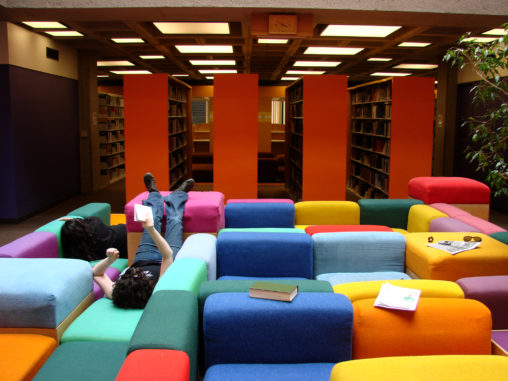
“Growing the Academic Library: Past, Present & Future” is an exploration of how academic libraries have changed and grown, organized into three major areas: resources, physical space, and education. This comprehensive literature review provides an understanding of where academic libraries have been as well as where they’re going, the latter including emerging ideas such as patron-driven acquisition and student activist archiving. An overall theme is the symbiotic relationship between the library and the wider university.
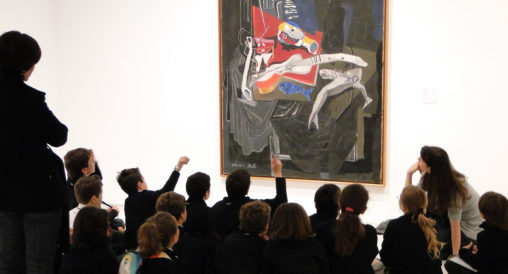
The integration of UX practices into art museum operations helps to develop visitor experiences, but art museums have great responsibility to the communities of learners local to them. Art museums can focus on their roles as educators by applying LX (learner experience design) for effective meaning-making.
The project explores the differences between #MetKids videos on YouTube and on the MetKids website, thus to determine how #Metkids can balance brand awareness by bringing viewers to the website from YouTube, with an increase in views or engagement.
Over the course of the semester student in LIS 619: Information and Human Rights, created a visual mapping of the ways in which information supports Human Rights. The presenters will describe the process and the outcome.
